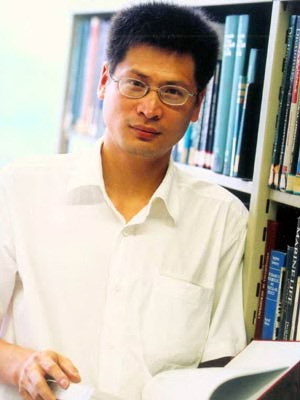Education reform draft needs further improvement
|
 |
|
Professor Xiong Bingqi |
The draft, after first round of discussions and opinion solicitation, shows consensus about various educational issues the public are concerned about. But it does not show clear and well-defined reform measures for the major issues of education development. It therefore has much room for improvement. There are several problems that should be solved during this round of feedback.
Firstly, society should have a deeper understanding of the education budget. The draft stipulates that the "education budget shall take a bigger part of GDP, reaching 4 percent by 2012." Previously, the Ministry of Education said it would strive to increase the education budget to 4 percent of the GDP in 2010. It is clear now that the 4 percent target cannot be realized until 2012 at the earliest. It would be very difficult to achieve the goals defined in the draft, such as enhancing educational fairness and lessening household burdens, with just 4 percent of the GDP. I have suggested several times that the budget account for 5 percent of GDP by 2020. Another issue with the draft is that it mentions nothing about guarantees or accountability mechanisms for government's education spending.
Another matter requiring understanding is the extension of compulsory education. The draft mentions popularization of pre-school and high school education by 2020 but fails to address public concerns about prolonging the compulsory education which would require a lot more than just 4 percent of the GDP. The authorities have decided to focus on public education, prolonging school years and lightening household burdens. They should have taken extension of compulsory education into serious consideration and in future, they ought to make even more effort to solve pre-school education problems.
Thirdly, society should gain better knowledge of the modern college system. The draft suggests universities get rid of administrative rankings and administrative management system and that China improve its modern college system. This message is undoubtedly encouraging. But the modern college system described in the draft is very different to that of world-class universities. China can emulate other countries and learn from their experience. If China adopts a modern college system which differs greatly from those in Western countries, Chinese universities may still be hindered by administrative interference. This means administrative power cannot be separated from academic authority; teachers' and students' rights cannot be protected.
Finally, the public need to understand reform methods and new management frames. The draft mentions the establishment of a special body for education reform. But it does not define the exact function of this institution. It is not clear whether it should be linked to the State Council or the Ministry of Education or if it should check and approve reform policies or help the reformers to break the power barriers. But if the institution is a part of the Ministry of Education, it will find it difficult to break through the administrative barriers. The draft also mentions autonomy for school operation. But as for the related operation modes, its wording is vague; the operation mode is one of the core issues that the draft should have addressed.
Premier Wen Jiabao said the draft should give people hope and improve confidence in Chinese education. But the draft has much room for improvement. Chinese society should have better understanding of the relevant issues and hold substantial discussions. Only in this way can the draft be improved.
Professor Xiong Bingqi is from Shanghai Jiaotong University.
(This article is translated by Pang Li.)
 0
0 






